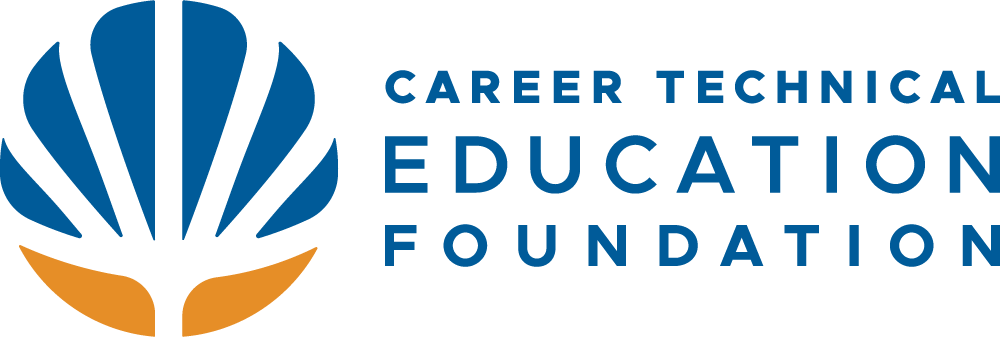Grants
Please note - We are not currently accepting requests for proposals.
Currently, CTE Foundation is deeply investing in school transformation efforts to advance the development of high quality career pathways across Sonoma County aligned with the regions economic and workforce drivers. We are doing this by providing direct services to students, teachers and schools through work based learning supports, developing impactful connections with local employers to bring more connected learning to more students; and convening stakeholders in K12, post-secondary, industry and workforce partners to design and implement equitable access for all Sonoma County students to internships and early college credit. We continue to advocate for career technical education (CTE) across the county to elevate the value and impact of connected learning and breaking down barriers and myths that there is only one successful path out of high school.
Courses, Programs & Pathways
CTE Foundation supports the start-up or expansion of career technical education and training programs, courses and pathways in grades 6-12. This includes funds for staffing, supplies, professional development and instructional materials.
Innovative Ideas
Whether you have a creative idea to increase student engagement, create a new internship program, or need funding for staff to plan and build something amazing, CTE Foundation is interested in supporting the start-up or expansion of innovative special initiatives designed to address the needs of your students.
Supplies, Materials & Equipment
Hands-on career-connected learning can often require a lot of supplies, materials and equipment, such as a new 3D printer for a maker class, upgraded kitchen equipment for a culinary pathway or new tools for the shop. Replenishing supplies and using safe and effective equipment is important and CTE Foundation may be able to help.

